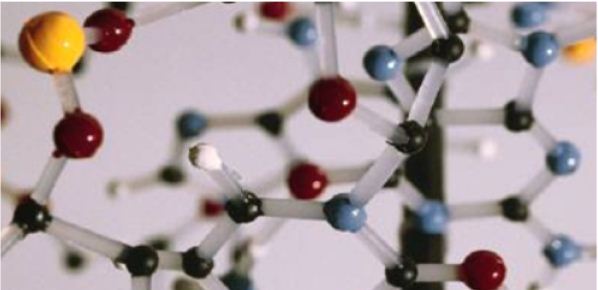
Adverse health conditions associated with estrogen dominance
- Blood sugar imbalance
- Breast cancer
- Testicular and prostate cancer
- Endometriosis
- Fibrocystic breasts
- Fibroids
- Low fertility in men or women
- Polycystic ovaries
- Premenstrual syndrome (PMS)
- Reduced sperm density
- Reduced sperm motility
- Anomalies in the genetic system of male newborns
- Increased anxiety
- Thyroid problems
- Weight gain
We live in a world full of toxins; many more than there were 50 years ago. There are now at least 100,000 synthetic chemicals in the international market meant for various uses. Some of these chemicals mimic the role of estrogen in the body and for this reason we call them xenoestrogens or synthetic estrogens. They stimulate the formation of new tissues sensitive to hormones, potentially leading to any of the adverse health conditions mentioned in the table above. Some other chemicals can disrupt the production or the metabolic process of hormones in our body. For example, PCBs found in a variety of materials in our daily lives, such as in paint, polish, flame retardants, adhesives, cement, insulation, PVC films etc., seem to prevent the expulsion of estrogen from the body, causing its accumulation and the appearance of Estrogen Dominance.
Chemicals containing xenoestrogens include: food additives, pesticides, human medications such as the contraceptive pill and hormone replacement therapy for women in menopause, plastic food packaging and non-degradable industrial waste into the air we breathe, the water we drink and the soil we cultivate.
To ensure smooth menstruation, fertility and overall good health, estrogen should be in balance with progesterone in women. Testosterone in men is necessary for vitality, fertility and strength, but unfortunately decreases dramatically when estrogen is high.
As you already understand, our exposure to synthetic estrogens or xenoestrogens may have negative effects on our health and fertility, so it is best if we are careful and minimize it. Here’s how:
Minimizing our exposure to synthetic estrogens
• Eat as many organic foods as possible.
• Rinse well non-organic foods with vinegar or lemon juice.
• Prefer to drink water from a properly installed steel water filter. Double osmosis, for example, is one of the best systems worldwide.
• Reduce consumption of animal fat, because non degradable chemicals are stored in the adipose tissue of animals.
• Reduce consumption of oily fish* if you do not know the extent of their contamination from such chemicals.
• Avoid heating food in plastic containers or packaging, because it can release chemicals that pass into food.
• Similarly, avoid wrapping fatty foods as well as buying these foods, such as soft cheeses, wrapped in plastic because chemicals may pass into them.
• Use natural detergents for washing clothes, dishes and cleaning, and do the same for your personal hygiene items, stationery and cosmetics.
• Avoid using chemicals and pesticides in your garden or balcony.
• Avoid the use of synthetic hormones like the contraceptive pill and hormone replacement therapy during menopause, unless they are medically necessary.
* Fish, especially the oily ones like sardines, tuna, mackerel, salmon, cod, are a source of valuable nutrients. However, a large proportion of industrial waste is dumped into the sea. Deep sea fish may have less exposure to pollution. In England it is recommended to eat fish up to three times a week.
Plants also provide estrogen, called phytoestrogens. These are much weaker than the estrogen in our bodies and therefore can not contribute highly to our bodies’ reserves. Instead, they may block the action of our natural estrogen and of xenoestrogens, helping our hormones to balance. Here are the best sources of phytoestrogens:
Foods that balance our hormones
• Good quality protein, such as natural nuts in small quantities daily.
• Red and black fruits.
• Red wine in moderation.
• Green tea in moderation.
• Linseed.
• The citrus fruits e.g. oranges, lemons, grapefruits, tangerines.
• Alfa alfa sprouts.
• Oats.
• Fennel.
• Fiber from vegetables and wholegrain products.
• Foods rich in vitamin B, such as cereal, meat, fish and dairy products.
• Celery.
• Foods from fermented organic soybeans, e.g. Miso, Natto, Tempeh, soy sauce. Reduce consumption of soy foods that are not fermented, like soy milk, yogurt, tofu, because they can block the function of the thyroid gland.
Herbal preparations and nutritional supplements can be additionally used for the balance of our hormones. The proper nutrition & wellness scientist is trained and can assist you in this.



